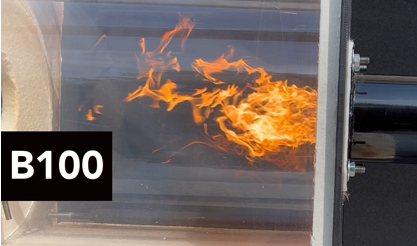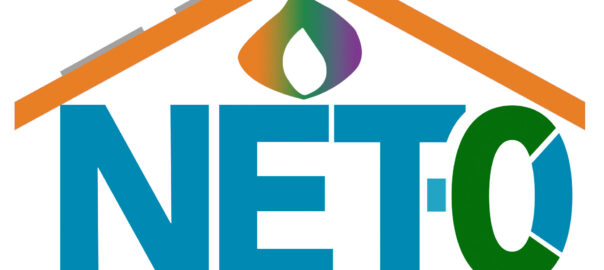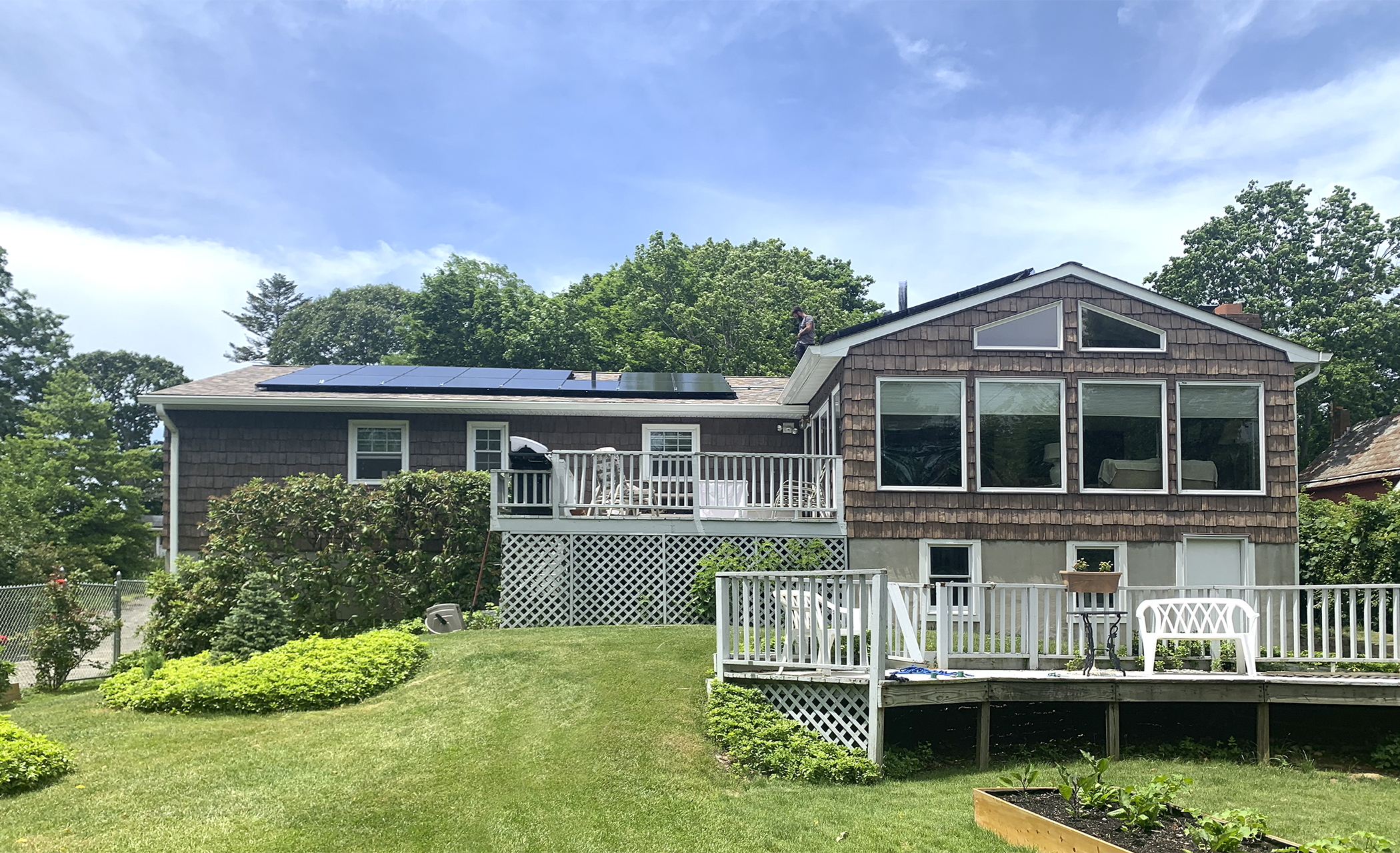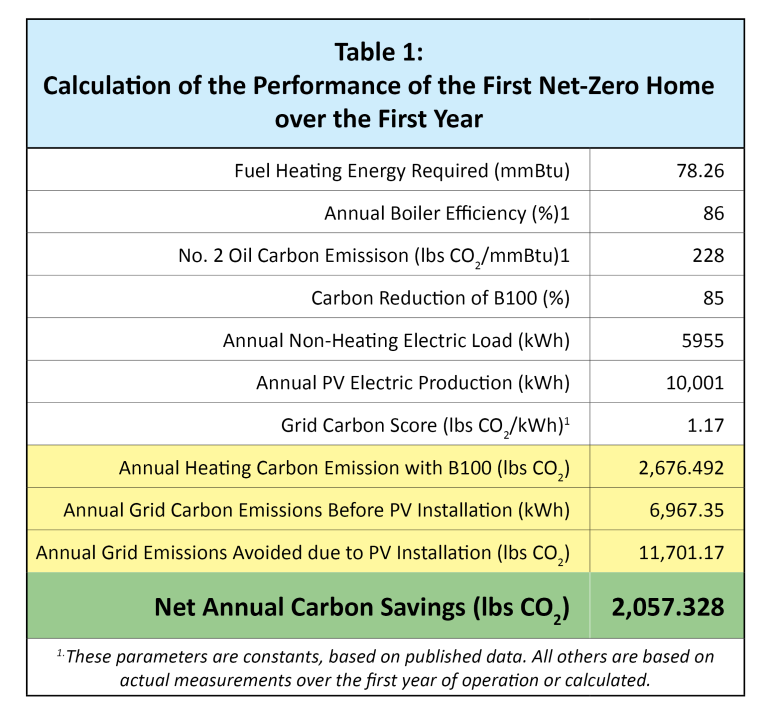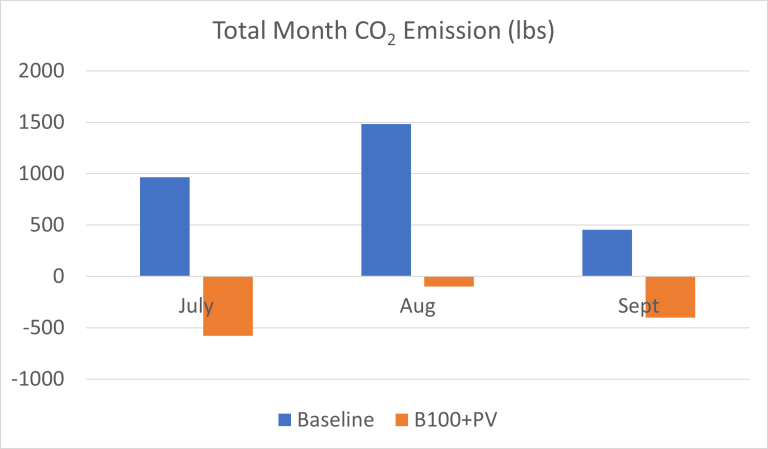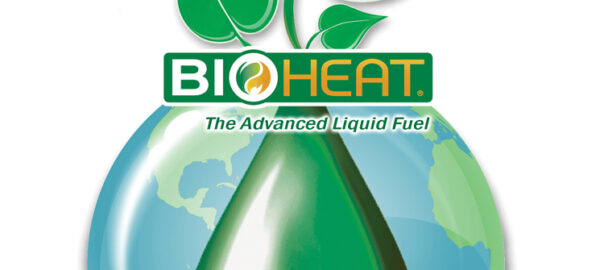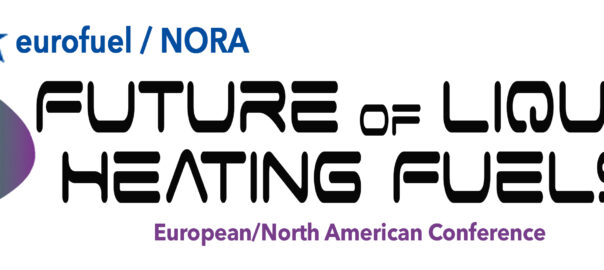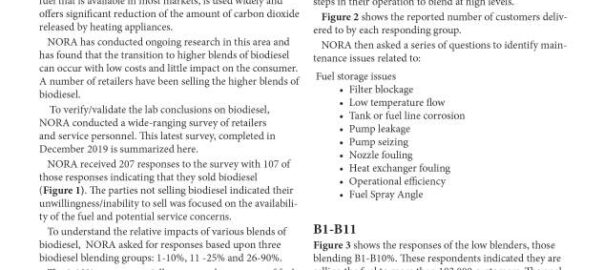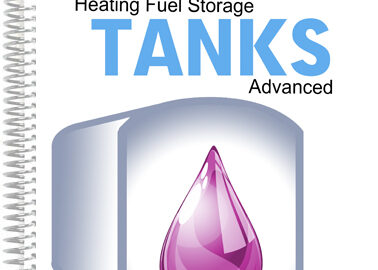On November 14, 2022 an update to the standard UL296 was published by Underwriters Laboratories (UL) which expands its scope to include liquid-fuel-fired burners intended for use with biodiesel blends of 20% to 100% (B20-B100) with heating oil. UL296 is the standard developed by Underwriters Laboratories for safety testing of liquid-fuel-fired burners.
Prior to this update, the UL standard included procedures for evaluation of burners for use with biodiesel blends up to B20. The updated standard includes the procedure and requirements for burners up to B20, including endurance of elastomers and seals in extended exposure to the fuels. Additionally, the updated standard has added a unique new test in which a burner is set-up for use with B100 as per manufacturer specifications. The fuel is then switched to heating oil without biodiesel included (B0), and no burner settings are modified. The burner still needs to operate cleanly and safely after this fuel change.
This new standard has been eagerly awaited by the liquid fuel heating industry as it allows for the development and market introduction of heating appliances rated to run on 100% low-carbon biodiesel, drastically reducing the carbon emissions of home heating systems.
A number of industry entities have been working towards this update of UL296, including NORA, Clean Fuels Alliance, Carlin Combustion Technologies and R.W. Beckett Corporation.
Michael Devine, NORA’s president said, “This standard update is most welcome as it accelerates the liquid fuel industry’s conversion to low-carbon home heating. The ever-increasing blends of biodiesel in our fuel eliminates more and more carbon, making liquid fuel heating an essential component in addressing climate change. Amending UL 296 allows liquid fuel appliance manufactures to provide equipment that aligns with the public policy requirements for carbon reduction. NORA has been able to demonstrate that a home heated with 100% biodiesel using solar panels to produce its electricity can become a Net-Zero home quickly and at an economically viable cost.”
